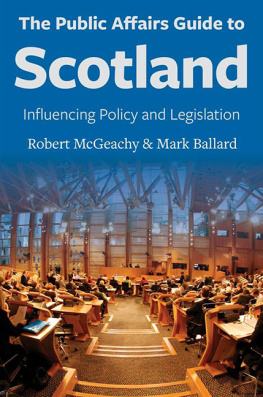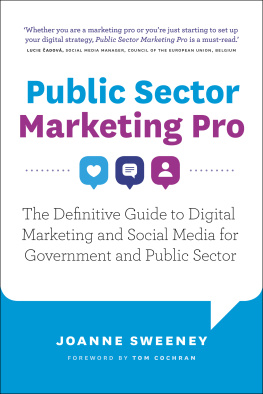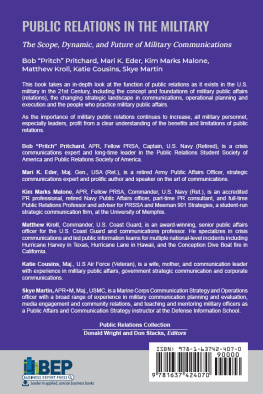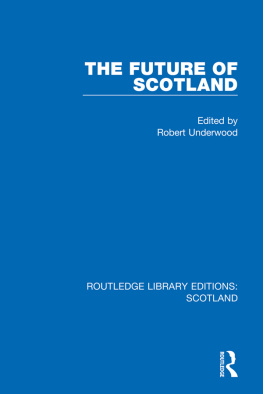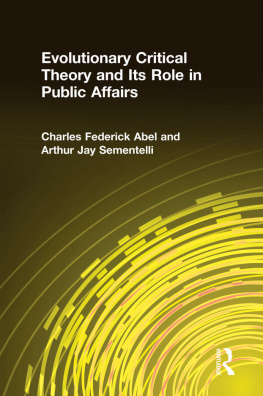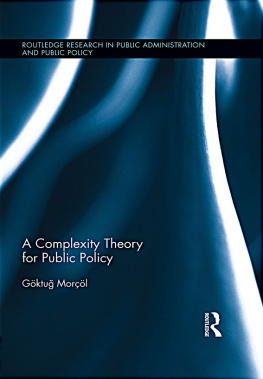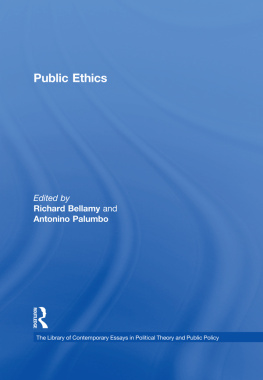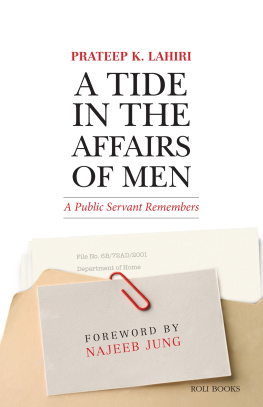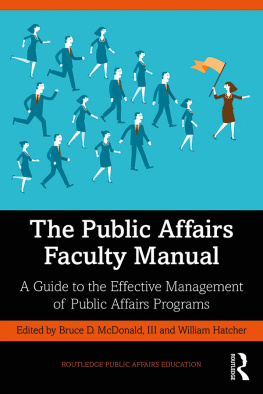THE PUBLIC AFFAIRS GUIDE TO SCOTLAND
Influencing Policy and Legislation
THE PUBLIC AFFAIRS GUIDE TO SCOTLAND
Influencing Policy and Legislation
Robert McGeachy and Mark Ballard
Published in Wales by Welsh Academic Press, an imprint of
Ashley Drake Publishing Ltd
PO Box 733
Cardiff
CF14 7ZY
www.welsh-academic-press.wales
First Edition (paperback) 2017
First Edition (eBook) 2020
ISBN
Paperback: 978-1-86057-1268
eBook: 978-1-86057-1473
Ashley Drake Publishing Ltd 2017
Text Robert McGeachy & Mark Ballard 2017
The right of Robert McGeachy & Mark Ballard to be identified as the authors of this work has been asserted in accordance with the Copyright Design and Patents Act of 1988.
All rights reserved. No part of this publication may be reproduced, stored in a retrieval system, or transmitted, in any form or by any means without the prior permission of the publishers.
British Library Cataloguing-in-Publication Data.
A CIP catalogue for this book is available from the British Library.
Every effort has been made to contact copyright holders. However, the publishers will be glad to rectify in future editions any inadvertent omissions brought to their attention.
Ashley Drake Publishing Ltd hereby exclude all liability to the extent permitted by law for any errors or omissions in this book and for any loss, damage or expense (whether direct or indirect) suffered by a third party relying on any information contained in this book.
Paperback typeset by Replika Press Pvt Ltd, India
eBook prepared by Prepress Plus, India (www.prepressplus.in)
Cover designed by Welsh Books Council, Aberystwyth
Cover photograph-Adam Elder/Scottish Parliament
Photograph 2008 Scottish Parliamentary Corporate Body
Contents
This book is dedicated with love
from Robert to
Sandy and our wonderful children James, Eve and Olivia
and from Mark to
Heather, Adam and Lucas
Acknowledgements
We would firstly like to thank:
- Michael Clancy for his invaluable comments on early drafts of the book, and for providing the preface. Michaels success in influencing policy development and legislation at Holyrood, and at Westminster, is second to none, and we are very grateful to him for his contribution to the book.
- Mike Russell for providing the foreword to the book. His contribution to Scottish politics has been immense, and we are deeply grateful to him for his kind words.
- Ashley Drake at Welsh Academic Press for his commitment to the project, and for the highly professional and skilful ways in which he and his production team have worked with us to make it a reality. Their contribution has been exceptional.
We would also like to pay tribute to all of the Scottish Parliament staff involved in the production of the materials cited in this book. Their work in producing clear and accessible materials has made a significant contribution to raising understanding of the role of the Scottish Parliament, and of how it works. To the best of our knowledge all materials used in this book have been fully referenced. We will be happy, however, to include any references inadvertently omitted in any future editions.
We have both had the good fortune to come across a number of people who have made a major contribution in public affairs and in policy development in their respective fields, and wish to acknowledge the achievements in particular of Alex Cole-Hamilton, Kim Hartley-Kean and Maire McCormack.
And finally:
Robert would like to say a special thank you to the following people for all of their support and encouragement over the years, which is much appreciated: Jonathan and Juliet Buchan, Michael and Trish Clancy, Brian Gardiner, Ewan and Claire Cameron, Mrs Ruth Crawford, Bryan Christie, Jim Stephens, James Cameron, Cairns Leslie, Alison Kirkwood, Martin Dewar and Paul Gray.
Mark would like to say a special thank you to colleagues who have taught him so much: Mark Sydenham, Peter McColl, Sarah Beattie Smith, Richard Meade, Robin Parker, Martin Crewe, Eddie Follan, Lisa Gamble and Nicki Wray.
Robert McGeachy and Mark Ballard
Foreword
Lobbying said David Cameron in February 2010 is the next big scandal waiting to happen. And happen it did, at Westminster at least, with sting activity by the media exposing the apparent willingness of some very senior political figures to offer privileged access to the corridors of power in exchange for monetary reward.
The Scottish Parliament, I hope, does things differently. Paid Advocacy on behalf of any organisation is a criminal offence for MSPs and has been since the foundation of the Parliament in 1999 and although the big commercial lobbying companies now hover round Holyrood almost as thickly as they cluster round Westminster, most MSPs exercise understandable caution in dealing with their employees.
However, such is the difference in style and operation of lobbying on a smaller and more intimate scale north and south of the border that I almost invariably welcome and find very useful the contacts, interaction and support I have from a wide range of bodies across different sectors both in my constituency and throughout the country as a whole.
In addition, the Scottish Parliament has recently decided to legislate in order to further regulate and publicly register lobbing activity, in a proportionate and reasonable way and there is and should be a clear difference between commercial companies and the third sector, voluntary and professional organisations which exist to promote and protect key issues in our country and those who are involved in them.
All that work contributes to fulfilling one of the key principles of the Scottish Parliament, enshrined in the Scotland Act that of power sharing.
This guide is primarily for those third sector groups and SMEs who should and must interact with the Parliament in order to further that principle not least because from that principle flows the other key elements of our young Scottish democracy: accountability; openness; accessibility and participation.
Power Sharing implies a truth about politics that politicians are sometimes reluctant to admit, namely that neither they individually nor parties and government collectively possess all the answers and know all the solutions to the problems that confront the people and the nation.
That is particularly true in a Parliament that is small in number and in which members are having to undertake a very wide range of responsibilities including most taxingly of all membership of more than one subject committee.
There is no doubt that the Parliament itself and its processes are in need of reform. Despite the excellent leadership of successive Presiding Officers and the detailed work of the members of the Bureau, the Corporate Body and the Parliaments own Standards & Procedures Committee it has become obvious that the workload even at present is too great and the pressure on committees and the chamber too intense.
The present structures were also designed for a situation in which no party would hold a majority and change to encompass such a difference is required not least in the resourcing and strengthening of the committee system.
In addition more powers are coming to the Parliament with the very modest Calman proposals now largely in effect and the Smith Commission recommendations in the last stages of coming into law.

